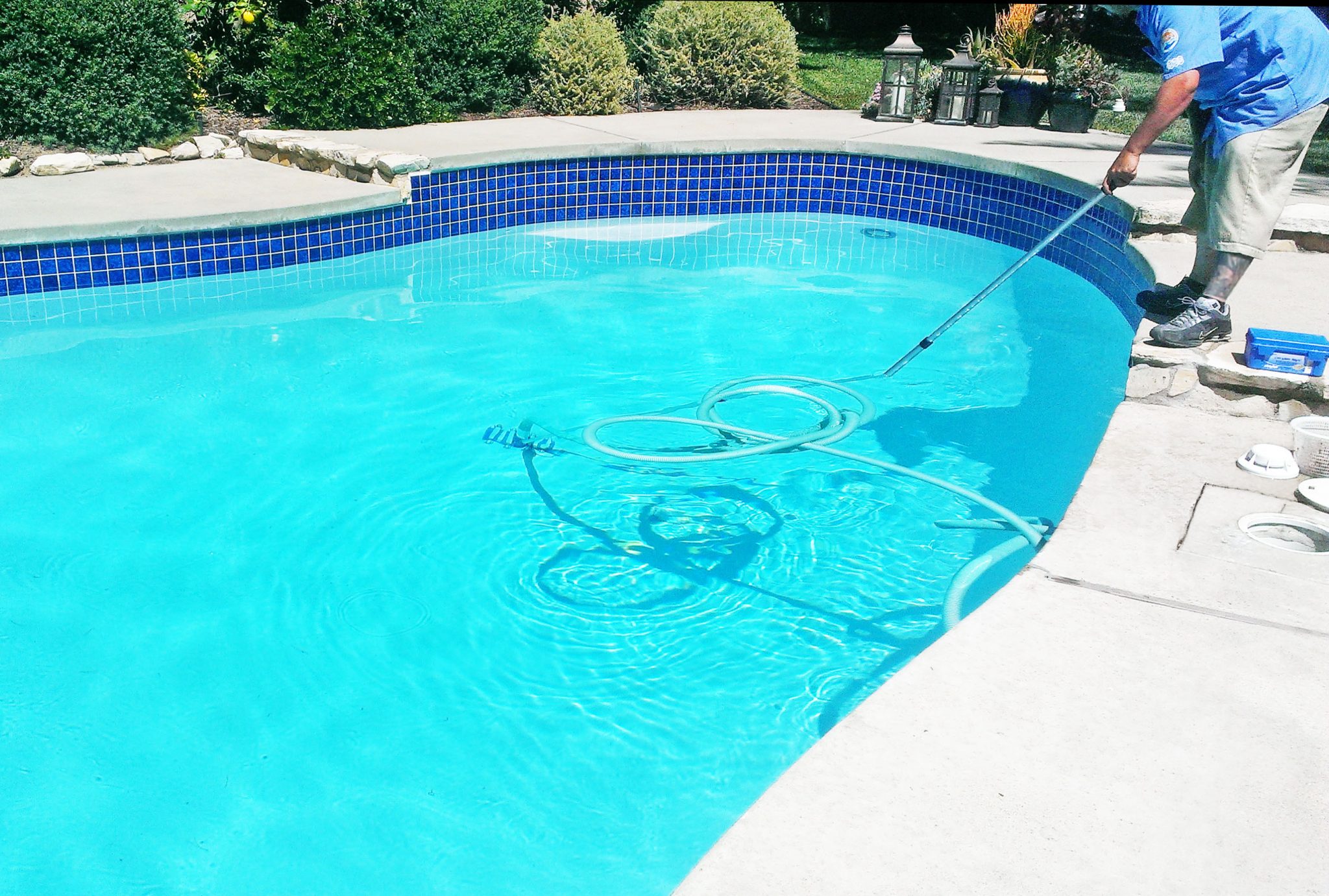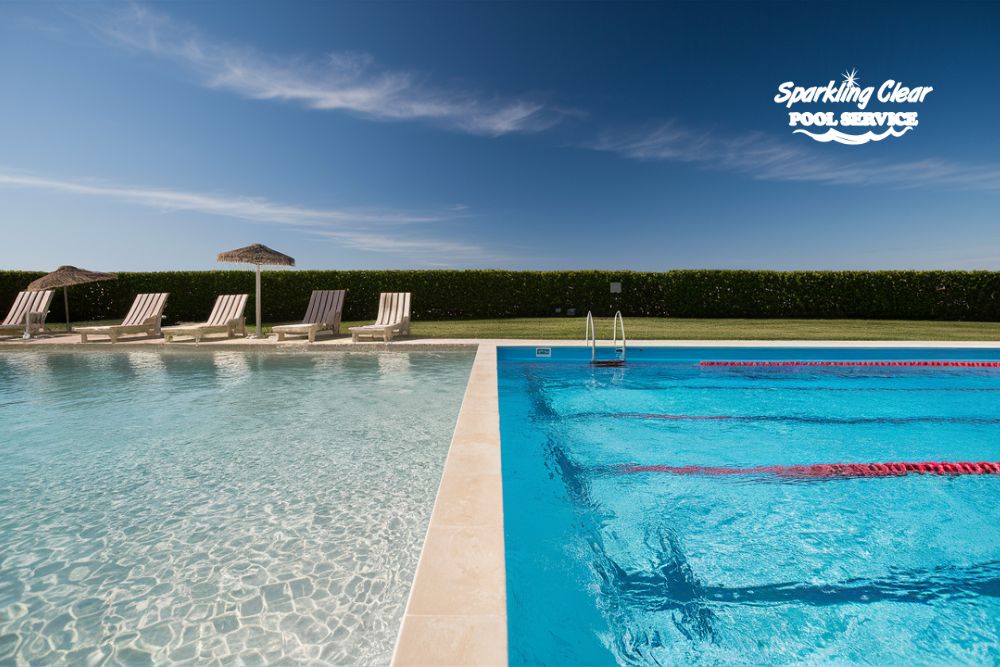

Saltwater vs chlorine pools: a crucial decision for any pool owner. This debate has been a swimming pool-owner’s dilemma for years, leading many homeowners to ask, which pool option is best for their lifestyle and budget? This comprehensive guide dives into the world of saltwater and chlorine pool technologies, comparing and contrasting their pros and cons, helping you make the perfect choice. We’ll look at the costs, maintenance, and overall experience of owning each type of pool, outlining factors crucial to your pool’s sustainability and enjoyment. This article is structured to provide a comprehensive analysis of both systems, allowing you to make the most informed choice for your needs and preferences. We’ll dive into pool maintenance and the environmental impacts of each option.
Saltwater Pool Technology
Understanding the Process
Saltwater pools use a salt chlorinator, an electrical device that converts salt into chlorine. This chlorine disinfects the water, eliminating bacteria and other harmful organisms. The system is generally automated, requiring less manual intervention for chemical upkeep. These pools offer a potentially more environmentally friendly approach than traditional chlorine pools, as they rely on a naturally occurring element to produce disinfecting chemicals. However, it’s important to note that careful maintenance of salt levels and regular equipment checks are still necessary for maintaining optimal pool health and preventing equipment failure. This method is gaining popularity among those looking for a safe, efficient, and eco-friendly pool solution.
The Advantages of Saltwater Pools
One of the biggest draws of saltwater pools is their perceived gentleness on skin and hair. Many find the chlorine levels produced by salt chlorinators to be less irritating than the chlorine produced by chemicals added directly. Regular monitoring and proper adjustments of the salt levels will maintain a consistent and efficient disinfection process. Furthermore, automatic systems and streamlined maintenance routines result in less time spent on manual tasks, freeing up owners’ time. For many, this is a significant advantage.
The Challenges of Saltwater Pools
Saltwater pool systems can be more complex than traditional chlorine pools, requiring more significant upfront costs. While the ongoing costs of chemicals are lower, the expense of the system and potential repair costs can impact the budget. In addition, maintaining the precise salt levels is crucial; improper levels can damage the system’s components and compromise the pool’s overall efficiency. Furthermore, some pools may require additional filtration systems to handle the byproducts of the salt chlorinator, adding to the complexities and overall cost of the system.
Chlorine Pool Systems
Traditional Chlorine Processes
Chlorine pools utilize chlorine-based chemicals to disinfect the water. This traditional method is widely understood and offers readily available chemical options, providing a straightforward approach to pool sanitation. It offers a clear method for managing water quality, as chlorine levels are relatively easy to measure and adjust.
Benefits of Chlorine Pools
Chlorine pools often come with a lower upfront cost compared to saltwater systems. The technology is well-established, making maintenance and repair parts more readily available and often more affordable. There’s a wider range of chlorine chemicals available with varying chlorine levels, allowing pool owners more control over their sanitation process and potentially more customization for their needs.
Potential Drawbacks
Traditional chlorine pools may require more frequent chemical additions compared to saltwater pools. This results in a higher ongoing cost and can require more manual labor. Some individuals experience irritation to their skin and hair from the direct use of chlorine. Additionally, maintaining proper chlorine levels in the water is essential to avoid potential health risks or water quality issues.
Comparing Costs
Initial Investment
The initial cost of installation varies significantly between saltwater and chlorine pools. Saltwater pools usually involve a more complex system, often leading to a higher upfront investment due to the need for a dedicated salt chlorinator. Chlorine pools, in contrast, tend to have a lower initial outlay. However, the long-term maintenance costs can differ.
Ongoing Maintenance
Ongoing maintenance costs are a crucial factor to consider. While saltwater pools might have lower recurring chemical expenses due to the salt chlorinator, regular testing and maintenance of the salt level and equipment can add up over time. Chlorine pools, on the other hand, require consistent chemical additions, which can accumulate in the long run. It is wise to calculate these costs and factor them into your budget.
Additional Considerations
Beyond the initial investment and ongoing maintenance, various additional costs need consideration for both saltwater and chlorine systems. These can include pool cleaning, repairs, and potential upgrades to improve the pool’s efficiency or aesthetics.
Environmental Impact
Saltwater Pools
Saltwater pools generally offer an environmentally friendly method of sanitation as they produce chlorine from a natural mineral. However, the salt levels need consistent monitoring, and improper management of salt disposal can negatively affect the environment. It is crucial to have a comprehensive understanding of local regulations regarding salt and water disposal.
Chlorine Pools
Chlorine, while an effective disinfectant, can release chemicals into the atmosphere, potentially contributing to air pollution. Proper ventilation and maintenance are important considerations, as well as the safe disposal of chlorine products. Regular testing and maintenance are key to mitigating the environmental impact.
Sustainable Practices
Ultimately, sustainable practices in both saltwater and chlorine pools involve responsible chemical management, regular pool checks, and adhering to local environmental regulations regarding pool maintenance.
Maintenance Considerations
Saltwater Pool Maintenance
Regular testing of the water’s salt levels is crucial for optimal performance and equipment longevity. Professionals recommend consistent water testing and adherence to the manufacturer’s recommended salt levels. Additionally, cleaning and maintenance of the salt chlorinator is crucial for preventing performance issues and potentially costly repairs.
Chlorine Pool Maintenance
Regular testing and adjustments of chlorine levels are essential. Choosing appropriate chlorine products and adherence to recommended dosage levels will ensure optimal sanitation and prevent potential health hazards. Regular cleaning and maintenance, along with careful handling of chemicals, is vital. Maintaining the right balance of chemicals is essential.
Pool Cleaning and Filtration
Regardless of the pool type, regular cleaning and filtration are necessary for maintaining a healthy and inviting swimming experience. Appropriate cleaning schedules and proper filtration help keep the water clear and prevent harmful bacteria from accumulating.
Additional Factors to Consider
Customer Service & Support
Customer service and support are vital when owning a pool, regardless of type. Investigate the availability of repair services, product support, and warranty coverage for each option. Choose brands with excellent reputations for support.
Personal Preferences
Ultimately, the best pool type aligns with individual preferences and lifestyle choices. Consider ease of use, desired level of maintenance, and potential long-term costs. Consider whether the complexity of maintenance or the upfront costs will be manageable.
Budget
Assess your budget for both initial investment and long-term maintenance expenses. Estimate how these factors influence your ability to maintain the pool for a long period.
Conclusion for Saltwater vs. Chlorine Pools
This detailed analysis illuminates the critical differences between saltwater and chlorine pools. The decision hinges on a combination of factors, including budget, lifestyle, personal preferences, and environmental concerns. The comparison considers both upfront investment and ongoing maintenance costs. Thorough research and a careful assessment of your specific needs and circumstances will ultimately guide your decision.
Choosing The Right Pool Type
Ultimately, the decision of choosing a saltwater or chlorine pool depends heavily on individual preferences and circumstances. Thorough research and careful consideration of the factors mentioned in this article, such as initial costs, long-term maintenance, personal preferences, and environmental impact, will lead to the most informed decision. The goal is to select the best pool for both your budget and your lifestyle.
Long-Term Pool Ownership
Understanding the ongoing costs associated with either type of pool will also play an essential role. Saltwater pools will often require more maintenance when it comes to regular checks on the system’s workings and the specific salt levels, which are key to functionality. Chlorine pools, on the other hand, require more frequent additions of chemicals. Therefore, carefully evaluate the overall cost implications of each option for a longer lifespan and enjoyment of your swimming pool. Choosing the right type will enhance your experience and pool-ownership journey overall. This factor plays a significant role in the decision-making process for any pool owner. Both saltwater and chlorine pool types have certain advantages and disadvantages, and the best option will align with the owner’s preferences, needs, and financial capacity. A practical, upfront assessment of the potential costs and responsibilities will ensure a more satisfying pool ownership experience in the long run.
FAQ
What are the long-term maintenance costs for a saltwater pool?
Long-term maintenance costs for a saltwater pool can vary depending on several factors, including the size of the pool, the frequency of cleaning, and the specific maintenance procedures. Generally, saltwater pool systems require more attention than chlorine systems because the salt chlorinator and related equipment need regular monitoring and upkeep, potentially resulting in higher ongoing costs. Additionally, the need to maintain the precise salt levels can influence the overall expense. You might need to consider extra costs for regular maintenance and repair of the equipment, such as the salt cell itself. However, the decreased frequency of chemical use and potential for less irritation might offset these costs for some. You’ll need to balance these factors to see which option works best for your situation.
What are the environmental considerations for saltwater pools?
Environmental factors play a significant role when choosing a saltwater pool. The salt itself, while environmentally friendly in certain cases, requires proper disposal if the salt chlorinator malfunctions or if the pool’s life cycle ends. Saltwater pools, if not properly maintained, can contribute to the release of salt into the environment and possibly affect aquatic ecosystems. Chlorine pools, on the other hand, also have environmental implications, especially concerning the potential release of chlorine into the water supply and air. Therefore, proper maintenance, responsible disposal, and understanding of environmental regulations related to each pool type are essential for making informed decisions.
In conclusion, choosing between saltwater and chlorine pools depends heavily on individual preferences, budget, and lifestyle. Saltwater pools offer a potentially gentler alternative to chlorine, but require careful maintenance and consideration of potential long-term costs. Chlorine pools, on the other hand, are often simpler to manage and provide immediate disinfection. Ultimately, researching both options and carefully weighing the pros and cons will lead to the most informed decision for creating the perfect swimming experience. Ready to dive deeper into the specifics? Click here to explore pool maintenance tips.